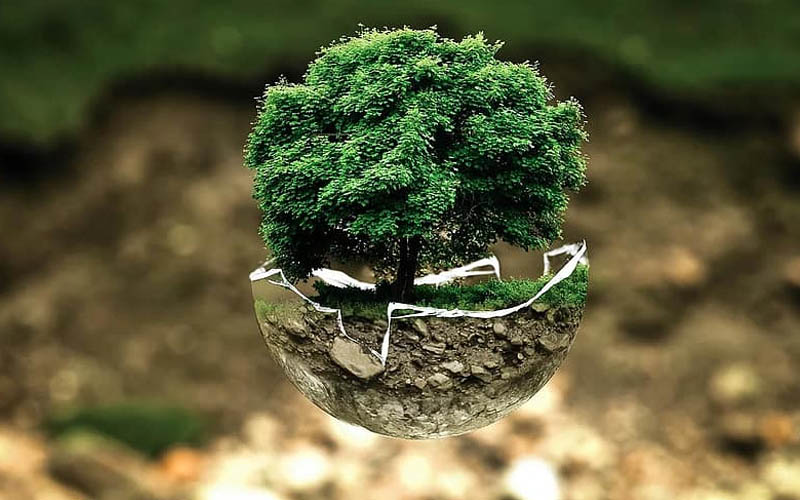Modern consumers are increasingly savvy about the green credentials of the businesses they choose to buy from and can see through any ‘green washing’. This is when a business professes to take environmental matters seriously at the same time as undertaking practices that are harmful to the environment. Customers today want to see genuine, concrete evidence that a company is taking steps to reduce its carbon footprint and reduce environmental harm, which is why businesses today need to look at several core aspects of their operations and make some changes.
Switching to sustainable packaging
Virtually all companies use packaging to a greater or lesser extent. While some degree of packaging may be unavoidable, companies can work harder to ensure that the packaging they use is sustainably sourced and can be recycled when it comes to the end of its natural life. This might involve using plastic alternatives whenever possible and creating their own packaging from recycled products, creating a circular economy in which packaging is used, reused and ultimately repurposed.
Fuelling company vehicles
In 2020 alone it was estimated that the transport industry accounted for 21% of all global greenhouse emissions, and that looks set to rise unless action is taken. Transport is one of the biggest polluters in the UK, and we’re still over-dependent on gas and petrol-fuelled vehicles. Consumers, on the other hand, are becoming more and more interested in electric and hybrid vehicles in an effort to reduce their own personal carbon footprint. There are ways businesses can follow suit, by switching their fleet of vehicles to alternative fuels such as biodiesel and HVO.
HVO is sometimes referred to as the true ‘green diesel’, and the acronym stands for Hydrotreated Vegetable Oil. This is far more refined and cleaner than other biofuels, and vehicles running on HVO perform every bit as well as those running on more conventional but more damaging fuels. Switching to HVO fuel is easily done and is fast becoming a popular choice for commercial vehicle fleets.
Reducing plastic usage
It’s not only packaging where businesses use plastics, although that makes up a sizable chunk of their overall usage. As of April 2022, the UK government introduced a Plastic Packaging Tax to dissuade companies from using, importing and exporting too much plastic, so it’s in companies’ best interests to reduce the amount they depend on by switching to other, more sustainable materials.
Companies also need to look at the plastics which are used throughout the production cycle, from the hangers for the clothes they produce to the single-use carrier bags in their stores or expendable plastic components for their production equipment, all of which might be switched for sustainable alternatives. In 2022, there are many ways in which companies can adopt sustainable business practices, and starting with reducing plastic usage and waste is a suitable first step.
Sustainable products
Whatever goods or services you provide, there are always ways to make them more sustainable. Whether it’s food manufacturing or clothing, commercial cleaning or taxi services, we can all be doing more to source sustainably and ensure we minimise our impact on the environment. The products we choose can make a significant difference, whether that’s switching the fuels which help run our plants or creating products from recycled materials.
Consumers today are much more alert to how the things they buy are made, taking an active interest in a company’s green credentials. Since this is a powerful movement and companies can live or die by a negative public image, it’s worth examining your own supply chains and products to see if they’re as green as can be.
Simply paying lip service to sustainability is no longer an option for businesses working across all industries, and the time to take action is quite clearly upon us. With more consumers scrutinising the brands they choose to buy from, the pressure on businesses to make green change has never been greater. With positive action, we could all do our bit to work towards a more sustainable future.


